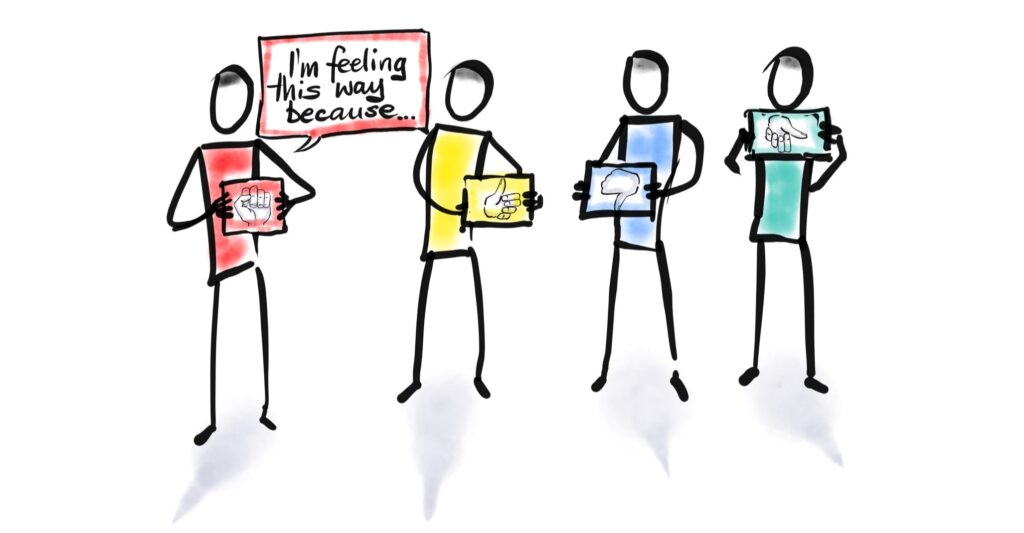World Mental Health Awareness Week
We care deeply about both the physical and mental wellbeing of children, and to help teachers to address and review the mental health of their pupils, we have created a range of fun, active primary school mental health resources. And for next week’s Mental Health Week, these resources are available to all teachers, free of charge.

Next week (15 to 21 May) is Mental Health Awareness Week, and with teacher strikes, soaring pressures on schools, and yet another hike in bank interest rates, the timing couldn’t be any more appropriate.
We should be mindful that the stresses of current life inevitably spill onto our children, and regularly reviewing the well-being of our children could prevent life changing influences that may be happening under our everyday radars.
We care deeply about both the physical and mental wellbeing of children, and to help teachers to address and review the mental health of their pupils, we have created a range of fun, active primary school mental health resources. And for next week’s Awareness Week, these resources are available to all teachers, free of charge.
Mental Health Resources
To access our Mental Health & Wellbeing resources, just sign up to a free membership, go to our ‘Resources’ page and download them. There are no conditions to our free membership and you will not have any obligation to purchase a plan.
The resources are structured to help children to understand emotions, evaluate their own mental wellbeing, and express their feelings to peers, staff and other adults in their life.

But What About You?
Teachers spend so much time thinking about the wellbeing of their pupils, but it is crucial that you take time to think about your own health.
Here are some things that we hope you can do to take care of your own mental health:
1. Practice self-care: Make self-care a priority by engaging in activities that bring you joy, such as exercise, reading, or spending time with loved ones. You should also set boundaries to prevent work from taking over your personal time.
2. Seek support: We can all benefit from seeking support from colleagues, friends, or health professionals. There are also support groups or professional development workshops available that focus on well-being.
3. Manage stress: Manage stress by practising relaxation techniques such as deep breathing, meditation, or yoga. Think about developing strategies to cope with stressors, such as prioritising tasks, delegating responsibilities, or taking breaks throughout the day.
4. Maintain a positive work environment: Promote a positive work environment by building relationships with your pupils and colleagues, fostering a sense of community, and celebrating successes.
5. Address concerns: We should all address any mental health concerns we may have by seeking professional help, talking with a supervisor or HR representative, or accessing resources such as employee assistance programs or mental health hotlines. It is important that teachers prioritise their own well-being so that they can effectively support the children in their care and create a positive learning environment.
Further Support
We hope you find this information useful, and reassuring that we all have mental health, and that it is important to regularly review the wellbeing of our children and ourselves.
More information and support can be found on the Mental Health Foundation website.
Learn about a Free Membership to PE Planning as well as the different, low cost subscription packages we offer to Teachers, Coaches and Schools here…



